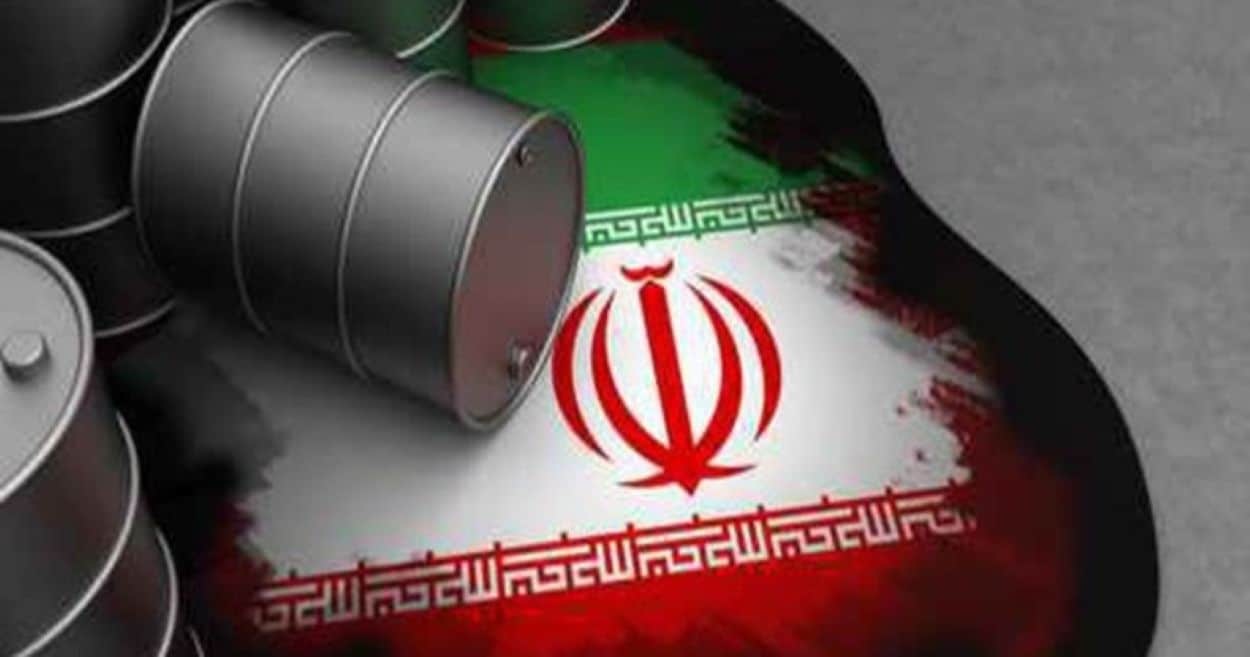President Donald Trump announced that China could continue purchasing Iranian oil following a ceasefire between Israel and Iran, a statement that sparked a nearly 6% drop in oil prices. The White House clarified that this does not relax U.S. sanctions on Iran, maintaining Trump’s “maximum pressure” policy.
In a Truth Social post, Trump stated, “China can now continue to purchase Oil from Iran. Hopefully, they will also be purchasing plenty from the US.” The comment followed Iran’s decision not to close the Strait of Hormuz, a critical oil shipping route, which benefits China, the top importer of Iranian oil. A senior White House official told Reuters that Trump continues to urge nations to buy U.S. oil instead, emphasising compliance with sanctions.
The announcement came days after Trump ordered U.S. bombings of three Iranian nuclear sites, underscoring his hardline stance on Iran’s nuclear program and support for regional militants. Despite the ceasefire, Trump’s policy aims to drive Iran’s oil exports to zero, a goal he reiterated in February 2025.
Trump has imposed sanctions on Chinese “teapot” refineries and port operators for buying Iranian oil, but enforcement has been inconsistent. Scott Modell, CEO of Rapidan Energy Group and a former CIA officer, described Trump’s approach as a return to “lax enforcement standards.” Modell noted that Trump is unlikely to waive sanctions before U.S.-Iran nuclear talks, as they provide negotiation leverage.Jeremy Paner, a Hughes Hubbard & Reed partner, explained that suspending oil-related sanctions would require complex coordination between the Treasury and State Departments, including issuing licenses and waivers with Congressional notification. State Department spokesperson Tammy Bruce emphasised Trump’s focus on advancing his agenda, though details on implementation remain unclear.
US President Donald #Trump says #China can “now continue to purchase oil from Iran” after announcing the ceasefire between #Israel and #Iran. pic.twitter.com/HImEH4z1cv
— Al Arabiya English (@AlArabiya_Eng) June 24, 2025China opposes U.S. sanctions and has not commented on Trump’s statement. Increased Iranian oil purchases by China could strain relations with Saudi Arabia, a key U.S. ally and the world’s largest oil exporter. The limited impact of sanctions on Iran’s exports, even during Trump’s first term, suggests challenges in achieving “maximum pressure,” as Modell described it as “minimum pressure” in practice.
Read: Oil Prices Rally in 2025 as Iran-Israel Conflict Fuels Market Tensions
The ceasefire-driven oil price drop reflects market relief, but any perceived leniency on sanctions could further influence global energy markets. Analysts warn that Trump’s mixed signals may complicate U.S. foreign policy objectives.






